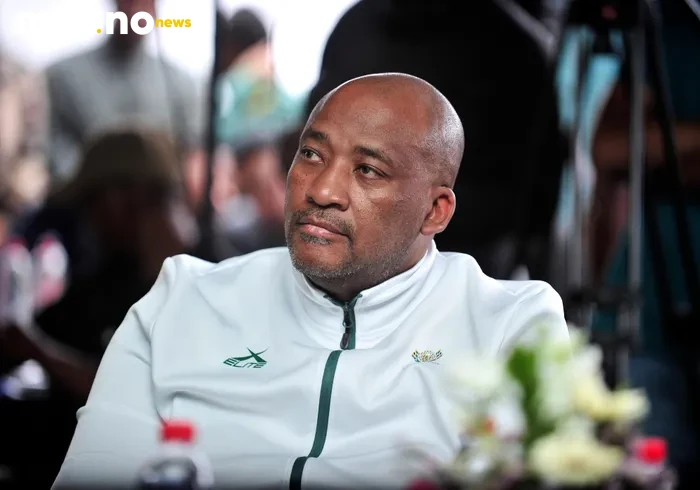Sports, Arts and Culture Minister Gayton McKenzie has reignited national outrage by refusing to apologize for past tweets containing racial slurs — even if President Cyril Ramaphosa personally demands it.
In a fiery interview with eNCA on August 12, McKenzie dismissed growing criticism, insisting that the resurfaced 2011 and 2013 posts — which include the use of the K-word — were taken out of context. “I will not apologize for something I didn’t do,” he declared, reversing an earlier statement in which he expressed regret for past “insensitive, stupid, and hurtful” comments.
The dramatic U-turn comes just a day after he posted a public apology on X (formerly Twitter), acknowledging the harm caused by his language and pledging to cooperate with investigations. That brief moment of remorse has since evaporated, replaced with defiance and claims that the controversy is a politically driven smear campaign.
McKenzie, leader of the Patriotic Alliance, defended himself by saying he tweeted “as a black person” seeking to address tensions between black and coloured communities — not to degrade anyone. But political opponents aren’t buying it.
ActionSA, the EFF, and the African Transformation Movement (ATM) have all demanded McKenzie’s removal from Cabinet, accusing him of normalizing language that “dehumanizes black South Africans.” ActionSA has already lodged a complaint with the SA Human Rights Commission, adding legal pressure to the political fallout.
Despite the uproar, Parliament has declared it cannot investigate the matter since the tweets were posted before McKenzie was an MP. Meanwhile, the Presidency remains silent, with President Ramaphosa yet to address the growing calls for action.
On social media, the divide is stark — with some defending McKenzie’s bluntness, and others calling for accountability and his immediate resignation. As the backlash builds and Cabinet silence stretches on, the controversy now stands as a major test not just for McKenzie, but for the political leadership tasked with deciding his future.
In a country still healing from the wounds of its past, the question now lingers: How far can a public official go before words outweigh power?
